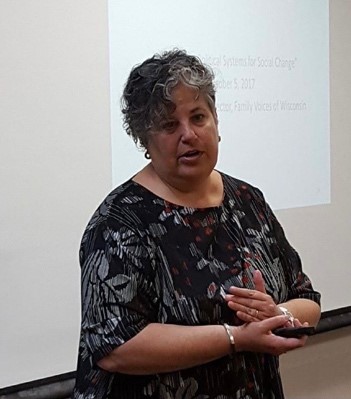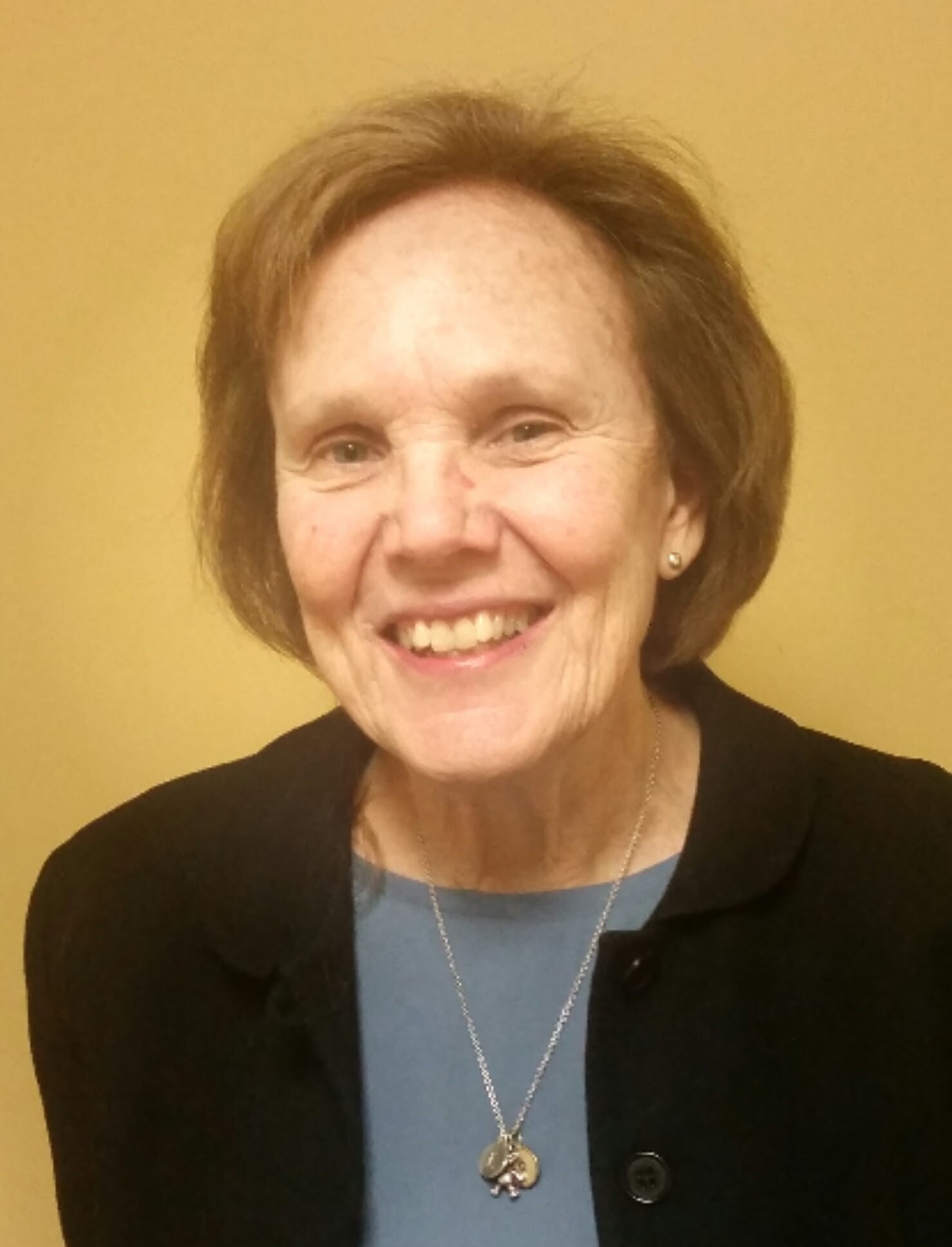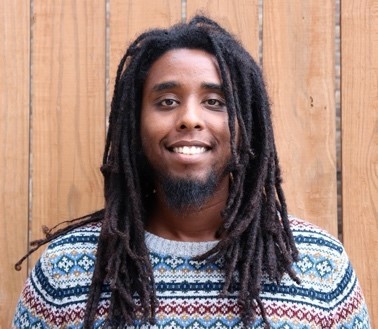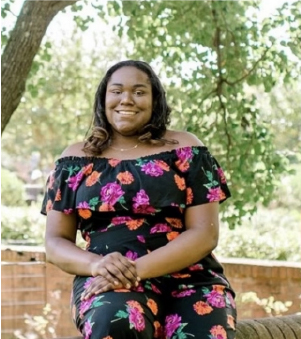Background
The United States is experiencing a mental health crisis, which was made worse by the pandemic. Nearly one in three adults experience symptoms of anxiety and depression. For children and youth, the problem is even more severe, with the American Academy of Pediatrics and other health groups declaring mental health a national emergency. Here’s what the data show:
- Suicide is the second leading cause of death among youth ages 10 to 24.
- Two in five adolescents aged 12 to 17 had persistent feelings of sadness or hopelessness.
- 5 million adolescents experienced a major depressive episode.
Within the data on mental health, there are differences. LGBTQ+ youth are even more affected by poor mental health than their peers. Also, multiracial adults aged 18 or older are the most likely to have serious thoughts of suicide.
- 39% of LGBTQ+ young people seriously considered attempting suicide – including 46% of transgender and nonbinary young people.
- More than one in ten (12%) LGBTQ+ youth attempted suicide in the past year.
Mental Health for Mothers and Children
One in five pregnant women and new mothers experience mental health conditions, including postpartum depression or anxiety, which impact the well-being of the whole family. Nearly 800,000 families each year are affected by maternal mental health conditions, with most people going untreated. Untreated mental health conditions are associated with delays in cognitive and social-emotional development for young children. Untreated mental health conditions also have a large impact on mental health costs, increasing the costs of eventual treatment and hospitalizations.
Medicaid and Mental Health
Medicaid is critical for millions of Americans with mental health needs. It supports the mental health and well-being of low-income children, youth pregnant women, new mothers, and other adults. Medicaid also provides mental health services in various community settings.
Access to mental health care can impact the health and social development for young people and is a key part of addressing the child and adolescent mental health crisis. In 2020, about 40% of non-elderly adult Medicaid recipients had a mental health or substance use disorder. Medicaid expansion has led to more youth and adults receiving mental health treatment “even in areas with relative shortages of mental health professionals.” Having health coverage also creates peace of mind and lower financial stress for people with chronic conditions.
Medicaid’s pediatric benefit, Early and Periodic Screening, Diagnostic, and Treatment (EPSDT), requires child and adolescent providers to screen, diagnose, and treat behavioral health conditions. States have leveraged Medicaid to improve school-based mental health services. Additionally, more states are using age-appropriate mental health services to support early childhood development.
Talking Points
The following talking points are general, with some focus on how family leaders can share information about Medicaid and mental health. Family Voices recommends customizing talking points to fit your individual/organization’s unique goals and how you are addressing mental health needs.
For organizations/individuals that can lobby: If there is specific legislation or funding up for decision, you can discuss the importance of passing that legislation and/or approving funding. Be sure to highlight the benefits of doing so on mental health.
For organizations/individuals that cannot lobby: Focus on educating others and highlighting the benefits of current legislation, programming, and/or funding on mental health. Be sure to bring specific examples including, but not limited to, family/patient stories.
Teal words= for your name/ info insertion
Purple words are key lingo for your committee; please use this wording.
*Feel free to add examples to illustrate any of the points.
- Our organization (insert name of organization) has experienced a dramatic increase in the number of families, health providers, school systems and other community-based organizations turning to us for assistance in helping to bridge the divide between children and youth needing mental health care and the access points and resources that exist.
- With the challenges that our state’s mental health workforce faces in attempting to keep pace with the ever-increasing need for services, (our program) is best positioned to offer critical technical assistance to families in order to connect with existing providers, use their insurance coverage effectively, and help newly diagnosed children/youth navigate a new health care system.
- Along with family leaders from within the communities we serve, our staff have lived experiences and expertise to match the diverse populations that we serve. Peer-to-peer information sharing and navigation is evidence-based and provides support and guidance that is tailored to the unique needs of children/youth and families; not one size fits all.
- Without our program, many of the resources that the federal and our state government provides for emotional and behavioral health services would be wasted. Through our technical assistance, our staff are able to work with state and local governments, school districts, and health systems to ensure that investments intended to benefit children and youth in need of mental health services are utilized to the maximum extent.


















